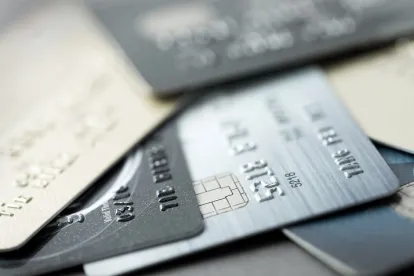According to U.S. Census Bureau estimates, retail sales plummeted 16.4% in April 2020. As state and local governments across the country begin to lift or ease Stay at Home Orders and business closures, retailers reopening their doors are grappling with how to protect their employees’ health and reassure customers that it is safe to shop.
In response to the COVID-19 pandemic, many retailers are adopting contactless delivery or curbside pickup business models. Curbside pickup allows customers using debit or credit to pay in advance and pick up their pre-packaged products without any direct physical contact with the business’ employees. Since many local governments and states have set maximum capacity limits for reopened retail stores, curbside pickup will likely remain a popular option for some consumers until a vaccine or effective treatment for COVID-19 is discovered, or new cases drastically decline.
Businesses considering curbside pickup should beware that a growing number of states and cities have adopted laws requiring retailers to accept cash payment on certain transactions. Under U.S. Treasury Department guidance, federal law does not require that private businesses accept U.S. currency or coin as payment. Retailers can adopt policies limiting payment methods to debit, credit, or other electronic means like Square, Venmo, PayPal, or ApplePay unless limited by state or local law. Galvanized by concerns cashless businesses disadvantage communities with poor access to traditional banking systems, a national movement protecting consumers’ ability to pay in cash may be emerging.
Before 2019, no city and only one state – Massachusetts – prohibited retailers from refusing cash. However, since the Retail Blog’s last post in January 2019, at least 21 cities and states have adopted or are considering cashless retail bans. Massachusetts, Rhode Island, and New Jersey have already enacted bans, and at least 10 states may be poised to follow. Berkeley, Philadelphia, and San Francisco also prohibit retailers from refusing cash; New York City’s ban takes effect on November 21, 2020. At least four other major cities are considering bans of their own.
How vigorously cities and states enforce these laws during the COVID-19 public health emergency remains to be seen. On April 1, 2020, Massachusetts State Attorney General Maura Healey tweeted a warning to Bay State businesses – pandemic or no pandemic, it is still illegal for retailers to refuse to accept cash.
Although there is little evidence that these laws are routinely enforced, many carry substantial penalties for violation. New York City’s law bans food and retail establishments from refusing cash or charging cash customers a higher price, but exempts online, mail, and phone transactions. Businesses that violate the law face fines of up to $1,000 for the first violation, and not more than $1,500 for each subsequent violation.
Before converting to a cashless model, retailers should consult with an attorney to confirm that local and state laws do not ban discrimination against cash payments. Because many cashless retail bans carve out internet, mail, and phone transactions, businesses may be able to continue delivery and curbside pickup without violating the ban, so long as their in-store customers can pay with cash. Once a cashless policy is implemented, retailers should regularly monitor state and local legislatures for cash payment protection proposals, especially if they do business in a large number of jurisdictions.





 />i
/>i
